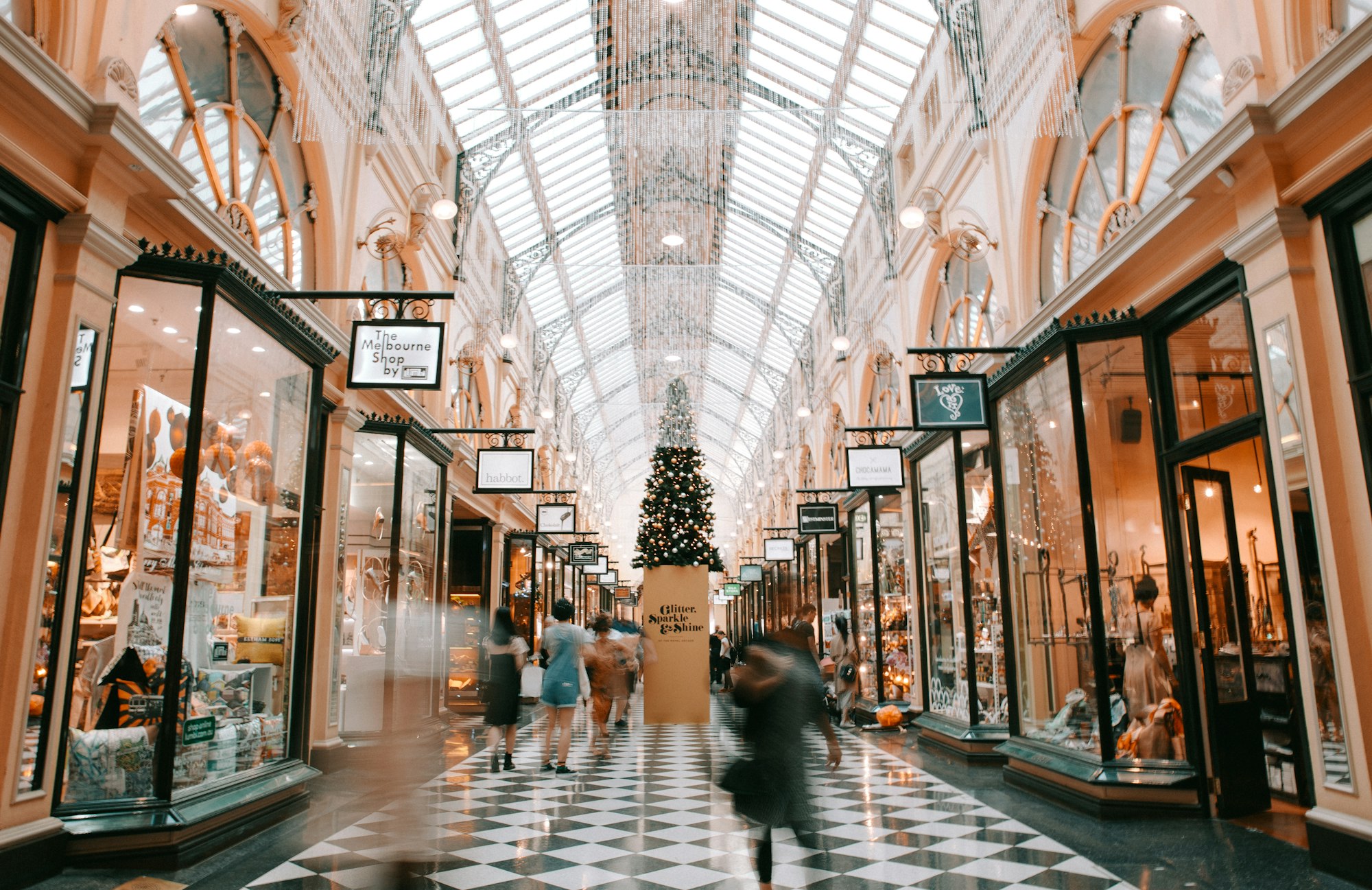You've just gotten your first job. What do you spend your money on?
- A new iPhone to replace your 2 year old model?
- A new Kindle to read more books?
- A new car?
There are 2 main things I always consider when making a purchasing decision:
1. Initial vs. Incremental
Initial benefit: The purchase takes you from zero to one on some dimension.
Incremental benefit: The purchase is an improvement on something you already have.
For example, if you don't already have a car, then buying will take you from zero to one and give you an initial benefit – it'll open up new options for you. If you simply replace your existing car, then it's still an improvement, but it's just an incremental benefit above what your old car gave you. It's simply not as impactful.
Similarly, buying a Kindle will open a new world of e-books which is very impactful because you're now able to do something you couldn't before – it's an initial benefit. In contrast, if you replace your 2 year old iPhone, the features will largely be the same and so it's an incremental benefit.
Incremental benefits can make sense sometimes, but I find that it's almost always better to invest in initial benefits.
2. Total Value Over Time
Will the new purchase be an infrequently-used / short-term possession (or daresay even single-use), will it be a frequently-used / long-term possession?
I've always been hesitant to spend a lot on clothes and shoes, simply because you can find quite inexpensive clothes and shoes. I blame this on our genetic predisposition to think about the short-term (the money I'll spend now) rather than the long-term (the benefit I get from wearing said items for years to come).
But let's break it down.
When I'm buying shoes for work, I'm buying for a few years – lets say they last 2 years when worn every workday. That's 500+ days.
Assuming I wear these shoes for 10-12 hrs a day, that's almost 6,000 hours of usage. If I spend £500 for a nice comfortable pair (which is far more than I'd usually consider when going shopping for shoes!), that's less than £0.09 per hour. Even compared to a cheaper pair of shoes that would wear out sooner, the cost per hour may come out to be the same or even less.
Similarly, I would consider investing in a laptop, car, water bottle, reusable mugs, etc. because I use these items frequently enough to warrant the investment.
On this note, do check out my friend's article on how he rationalised buying a £120 kitchen bin (and was really glad with the decision!)
The Bottom Line
When making a new purchase, I've found it helpful to consider if it gives me an initial benefit that opens new opportunities (rather than an incremental benefit), and to sense check what total value I'll get from it over time – investing more in the things that I'll use frequently or for a longer time period.
I think these considerations apply when you've already narrowed down to a few options you're considering to buy. The final decision is only going to be as good as what those options are, so that's another thing to get right – that's something I'm planning to cover in a future post, so watch out for that (subscribe to the email newsletter below!)

